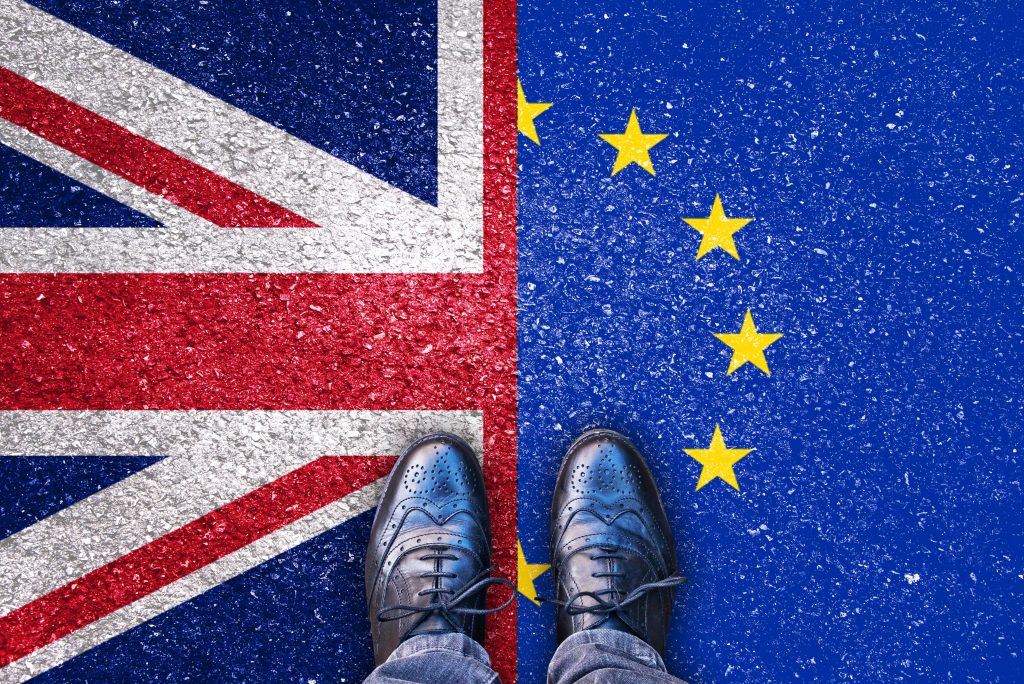
There is no shred of doubt that dual citizenship after Brexit would be a coveted asset. With each passing day that Brexit looms closer, an overwhelming number of British citizens continue to turn to dual citizenship as a way to secure their living, work, study, or family situation.
While nothing is set in stone yet, in light of results (or lack thereof) of recent negotiations, Britons who would like to keep their EU citizenship have little choice but to be proactive and apply for citizenship in other EU countries. In this way, these Britons would have secured a dual citizenship after Brexit, allowing them to continue enjoying the rights and freedoms bestowed on EU citizens.
With regards to EU nationals living in the UK, they can apply through the EU Settlement Scheme to continue living in the country. EU citizens currently living in the UK will not face a change in the rights and status as UK residents until 30 June 2021, or 31 December 2020 if the UK leaves the EU without a deal.
Current Situation
Nothing could be more telling of many Britons’ esteem for EU citizenship, than the record 200,000 Irish passport applications received from the UK in 2018 alone. As Ireland happens to allow the granting of citizenship on the basis of descent or ius sanguinis, British nationals with at least one parent who is an Irish citizen, or a grandparent born in Ireland, are automatically entitled to an Irish citizenship. While most of these applications were made on the basis of family relations, some British nationals living in Ireland also submitted an application under existing residency regulations.
Ireland, however, is by no means the only EU country Britons are turning to. In contrast to the 594 British nationals who gained German citizenship in 2015, 7,493 Britons acquired a German passport in 2017 alone. The particular interest in Germany is not a mere coincidence. Under German legislation, the descendants of German refugees who fled Germany during the Second World War as a result of persecution, may be able to re-claim their German citizenship. Nevertheless, following Brexit, complications are likely to arise since Germany only allows dual citizenship with other EU states. Therefore, a British national would not be entitled to the right of dual citizenship if he/she has not gained naturalisation in Germany by the withdrawal deadline of March 30th, 2019 in the case of a no-deal, or by the end of the transition period in the case of a Brexit deal. In other words, if a British national were to gain a German passport after Brexit, they would have to renounce their British citizenship.
France and Belgium have also peaked the interest of Britons who claimed 1,518 and 1,381 of new nationalities respectively. While every country has its separate citizenship laws, generally those Britons who have already claimed an EU citizenship pre-Brexit, will be able to benefit from dual citizenship after Brexit. Therefore, while the UK might not be in the EU soon, British-EU dual nationals would still be able to enjoy the right to travel, work, and live freely within the bloc.
How to Gain Dual Citizenship After Brexit
Fortunately, dual citizenship (or dual nationality) is allowed in the UK. This implies that British nationals seeking a second citizenship do not have to renounce their British one, while foreigners seeking a British citizenship are also not required to renounce their foreign citizenship under the laws of the UK. Therefore, any British national acquiring a dual citizenship after Brexit will not lose their British citizenship.
Having affiliations with a country based on birth, parentage, or other family relations, might be the most straightforward route to gaining dual citizenship after Brexit, as we have seen in cases such as those of Ireland and Germany. Other countries also follow similar laws to granting citizenship. For instance, Italian citizenship is passed down from one generation to another with no restrictions, even if the child is born on foreign soil.
Nevertheless, the prospects for attaining dual citizenship are not limited solely to descent or ancestry. Residing in an EU country for a certain number of years also generally qualifies an individual to apply for citizenship. Britons who have resided in another EU country for an extended amount of time will probably find that they are eligible to apply for citizenship through naturalisation. Being married to an EU citizen also tends to open up a swift naturalisation process, with shorter residency requirements.
Most notably, other EU countries -namely Malta, Cyprus, and Austria- grant citizenship to reputable high-net-worth individuals on the basis of investment. These programmes award citizenship to investors who meet a strict set of eligibility criteria. Investments include property purchases or lease agreements, a government fund contribution, and investment in government bonds or shares.
Ultimately, attaining dual citizenship after Brexit will give British citizens the freedom many feel they are being unjustly deprived of.